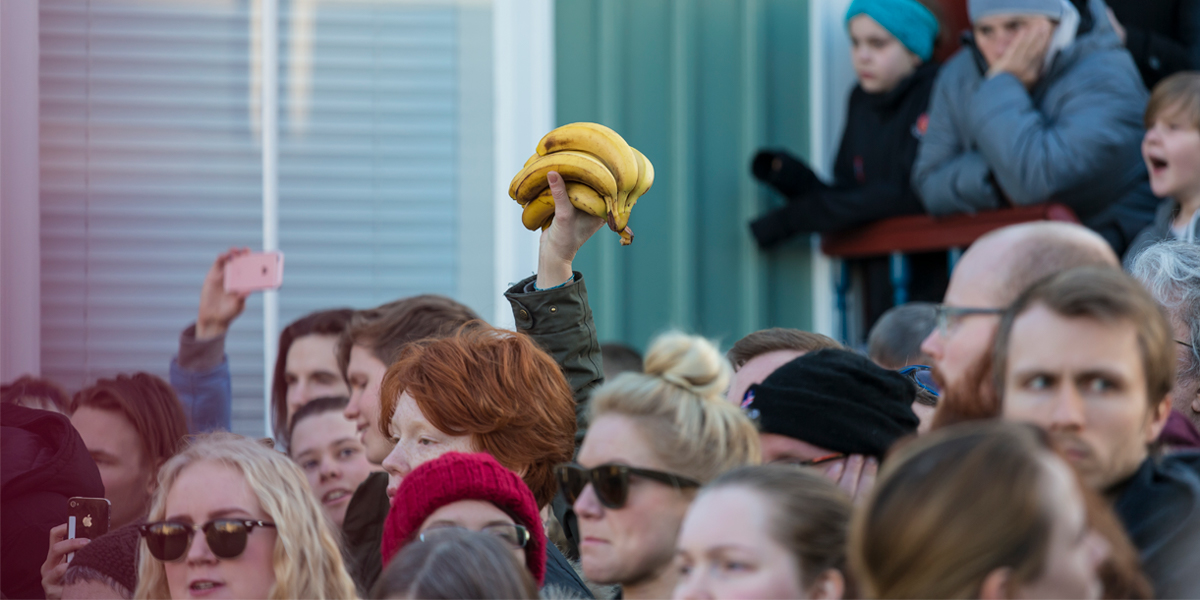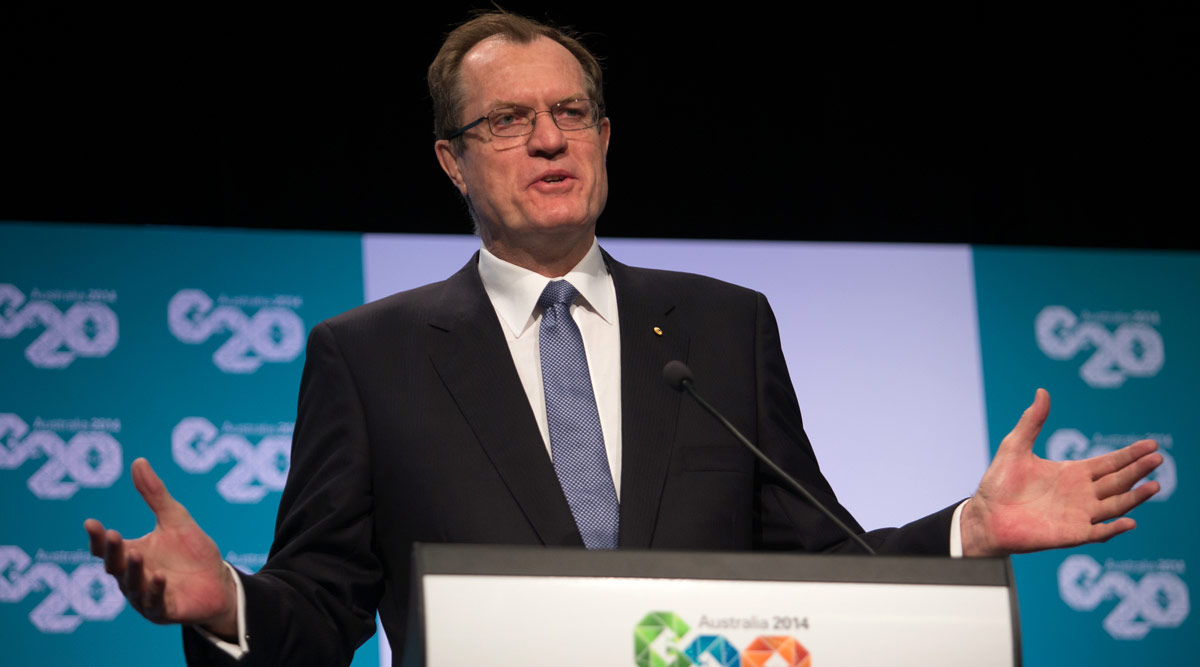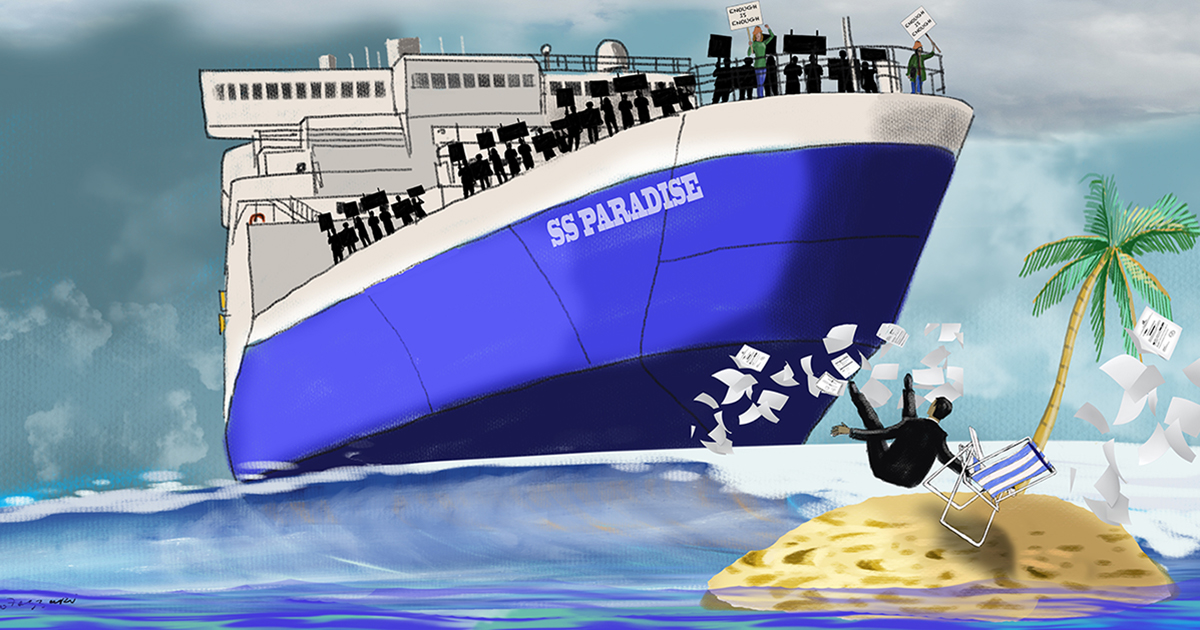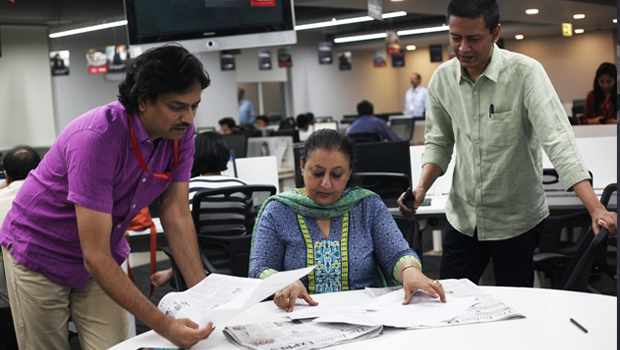Are G20 nations leaders or laggards in the post Panama Papers’ world of combating rogue offshore finance?
This is the question Transparency International set out to answer in a major new review of the globe’s most-powerful nations’ responses to the history-making leak.
In 2014, governments in the world’s biggest economies pledged to reform the legal structures exploited by the corrupt to hide their identities behind shell companies.
Two years later, the Panama Papers leak revealed just how vast, lucrative and difficult to penetrate that secret, offshore shell game is.
Corrupt officials and criminals around the world rely on lax corporate laws and anemic-money laundering safeguards to protect their ill-gotten gains.
Now, Transparency International (TI) has returned to the fray, with a 74-page review assessing if the G20 leaders have lived up to their pledges.
TI’s sequel to a 2015 report on the same topic, although dry, is a powerful reminder that secrecy facilitates corruption because secrecy is allowed in first place.
TI’s conclusions – that progress is mostly slow and weak, and most countries have no idea who ultimately controls many companies – are not encouraging.
The international non-government organization that aims to combat global corruption, said 11 G20 countries still have ‘weak or average’ laws for revealing the real-life ‘beneficial owners’ of companies.
Legally speaking, a beneficial owner is the person who actually owns the company, trust or property even though title to it is in another name.
Why does this matter? Because keeping tabs on beneficial ownership is a vital safeguard against global kleptocracy and terrorism.
What is at stake are illicit outflows of billions of dollars from countries as far removed as Nicaragua, Nigeria and North Korea.

According to the United Nations Office on Drugs and Crime, an estimated 2-5 percent of GDP, or $800 billion to $2 trillion is laundered globally in a single year.
A U.S. State Department assessment of money laundering for drug traffickers alone found dozens of nations where financial firms provided that service.
Another study of developing countries found that China and Russia were the No. 1 and No. 2 countries involved in illicit money outflows.
To highlight the poverty of the response to money laundering, TI noted that 10 G20 countries continue to have ‘very weak’ legal frameworks.
“The corrupt don’t like paper trails, they like secrecy. What better way to hide corrupt activity than with a secret company or trust as a front?’’ TI wrote.
“You can anonymously open bank accounts, make transfers and launder dirty money.’’
TI found that only the UK among the 20 nations has a transparent, publicly accessible beneficial ownership register.
Canada and South Korea were criticized most strongly for lagging behind all of their G20 partners.
But there’s good news, too: the majority of countries have made some steps towards cracking down on secrecy around company ownership.
France, Germany and Italy have been applauded by TI for adopting central beneficial owner registers.
The United States, China and Australia have moved from “weak” to “average” legal frameworks for combating financial corruption.
And TI applauded Brazil for major regulatory changes which have catapulted it into the ‘Strong Framework’ group.
Nigeria was noted for moving forward with plans to adopt a central, public beneficial ownership register.
The West African nation also features in one of the report’s more remarkable tales of shady dealings.
In 1988, then Nigerian Oil Minister Dan Etete awarded oil block OPI 245 to a company called Malabu Oil and Gas during the administration of General Sani Abacha.
TI said this was later understood to be a front company, of which Etete himself was believed to be the beneficial owner, and Abacha’s son, a founding shareholder.
The block awarded to Malabu for $2 million – just five days after the company was registered – was sold in 2011 for $1.3 billion.
It was Etete’s immense good fortune to have given himself one of Nigeria’s richest oil blocks for a relative pittance.
At the heart of the Panama Papers leak were offshore companies operated by the Panama law firm Mossack Fonseca – in secret – in tax havens in both Europe and the Caribbean.
The G20 nations have broadly promised to end anonymous company ownership that makes it so difficult for authorities to investigate suspicious activity.
TI concluded by noting with disappointment that the world’s corrupt actors continue to prosper as G20 nations drag their feet on financial crime and hidden company ownership.
Shortcomings include not conducting anti-money laundering risk assessments (eight countries) and not requiring verification of information by registries (all 20).
Regardless of the G20 nations’ anti-graft commitment, vast corruption scandals have embroiled them and non-G20 nations alike since 2014.
In 2017, Brazilian construction giant Odebrecht was fined by a U.S. judge $2.6 billion for bribery.
Among other things, the group was behind building venues in Brazil for the 2016 Olympics and infrastructure for the 2014 World Cup.
The company was charged with paying around $788 million in bribes to 12 countries between 2001 and 2016.
Prosecutors in many countries continue to untangle the massive web of corrupt payments to politicians.
Transparency International also draws attention to the Organized Crime and Corruption Reporting Network’s 2017 “Russian Laundromat” investigation.
The investigation revealed how Russia’s elite were able to move billions of dollars secretively – via a network of 21 shell companies – to banks around the world.
TI expressed concern that the G20 is “leading from behind’’ in tackling not just the ‘’Russian laundromat’’ but the global money-laundering machine.
The message from its findings is simple and clear: if the G20 wants to identify global kleptocrats, Sinaloa cartel members or illicit oil and arms dealers, it must act on beneficial ownership.
If the G20 is serious about stopping mid-ranking public officials on modest salaries from purchasing luxury apartments in London’s Hyde Park, New York’s Central Park or Miami’s waterfront, its members must act.
Beneficial ownership may seem dull, but preventing kleptocrats and narco lords from sucking dry whole economies begins with knowing who owns what company, where.
It’s not a silver bullet. But it can help slow the expatriation of stolen funds to offshore havens, the report made clear. It can be a vital aid to investigators pursuing some of the nastiest people on the planet and a bulwark for democracy, too.



